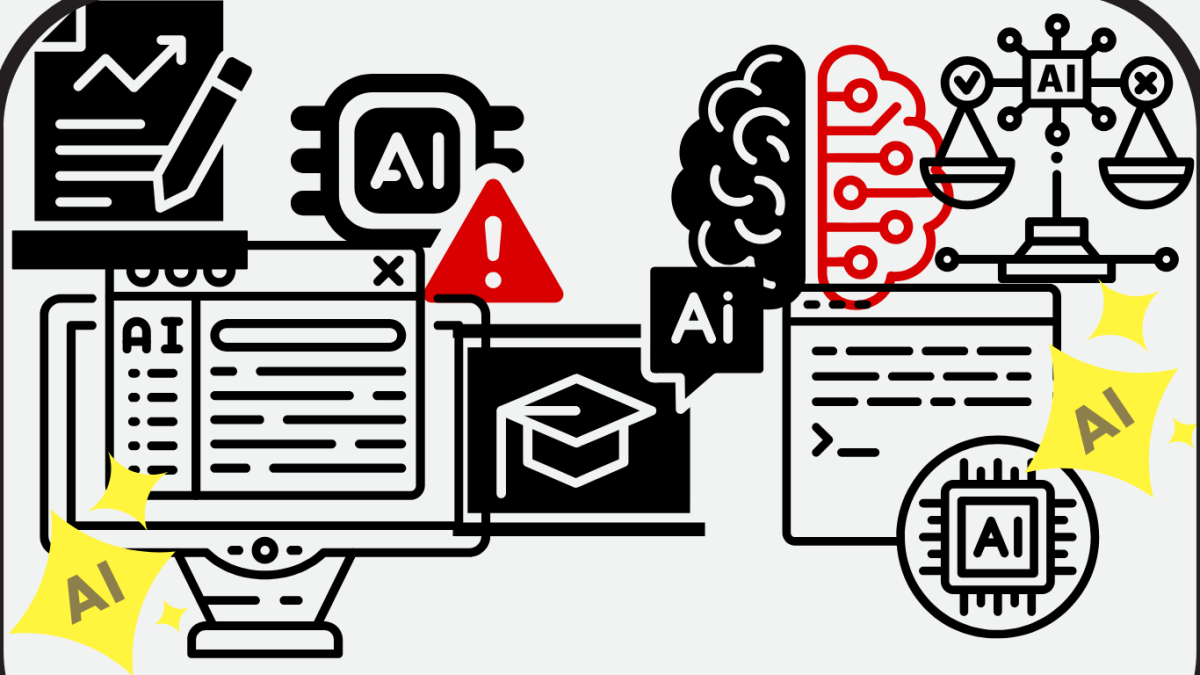A menagerie of inconsistencies, President Barack Obama’s eloquently-worded Jan. 17 speech on National Security Agency reform and American technological privacy left more questions than answers to a public that every day feels more alienated from its bureaucratic leadership.
A brief lesson on historic surveillance—attempted justification for the NSA’s recent and numerous mishaps—opens what only proves to be an anthem of executive privilege. Ambiguous mentions of terrorism, covert enemies and confidential flaws to domestic security are only fodder for paranoia, for us to cast our neighbors more frequent sideways glances, lest they be the threat that the government only mentions in thinly-veiled remarks on public television. If we, the people, are not aware of what we need be aware of, then how should we react to a politician’s begging for trust in matters of surveillance? Why should we place our full, blind faith in something that protects us from an enemy completely unknown to us?
Of course, the chaos of mass intellect is too much to handle, even for the “superpower” that is the American government. For everyone to know everything, every threat, every danger, is unrealistic, inviting only nationwide panic, a way of life not seen since the Red Scare. It is an understandable avoidance, but speeches like this one nearly disregard in their dancing around the obvious truth that we live in a nation constantly at war, with ourselves, with our allies, with our enemies. If the government wishes to invalidate national panic, why suggest that we have reason to be anxious? If we are not going to live in a free-information society, why give us anything at all?
We do wonder, however, at the gaps. In the same breath that he preaches the importance of certain measures supposedly taken for the safety of the people—program 702, which deals with foreign threat overseas and 215, the infamous phone data tap—he revokes them, saying that we will find a better way around the issues, a better solution. For the first time, we have heard from the lips of our figurehead that our messages, phone conversations and emails are safe, and that the only information collected is the duration of calls. Although this goes directly against NSA documents leaked last year regarding iPhone data collection (Operations PRISM and DROPOUTJEEP, for those a little less squeamish about their technological privacy), it is some comfort to those of us who really want to believe that the government cares nothing about examining our 15 Chinese takeout orders a week. There is no mention of our alleged spying on leaders of our allied countries. While the NSA is praised for their discretion, the majority of our system of defense and its complementary role in keeping our country safe is ignored. There is no mention of allowing the people to have a say in the way our country deals with threats.
However, for certain aspects, the Obama administration can, indeed, be praised. We are assured, also, that measures taken are for our protection—as the NSA was developed in the throes of the Cold War—and, for the most part, this is a valid point. Since 9/11, we have, indeed, needed stricter protective services against those who wish to harm us, and it was clear that it is for our own good.
As a people, however, our vigilance must be extended. Our government has its flaws, and we must acknowledge them and work to fix them. Rather than jumping to conclusions on how far the government is going with its procedure, we must realize that we are protected by these services that find their genesis in attempts at our safety. They do work to keep us safe from threats both at home and abroad. But we also must stop to consider their boundaries, and where they might serve us better.







